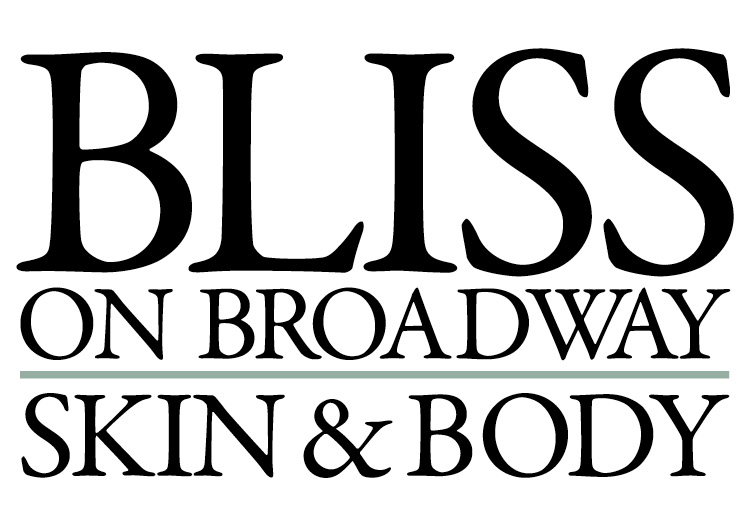Your hands speak for you in so many ways. They often make a first impression on your behalf. Hands are also very hard working. Take a close look – are you taking good care of them? Are your nails strong and healthy looking? Or do you see ridges, dents, or discolored areas? Most problematic nail conditions can be avoided with proper nail care.
Fingernails are composed of layers of a protein called keratin. They grow from the area at the base of the nail under your cuticle. Healthy fingernails are generally smooth, without grooves or divots and are uniform in color and consistency, free of spots or discoloration. Your fingernails can develop harmless vertical ridges, which become more prominent with age. Fingernails can also develop white lines or spots due to injury, but these eventually grow out with the nail.
Some nail conditions are not normal, though. You should consult your doctor if you notice changes in nail color, discoloration or a dark streak under the nail, changes in shape, curling, thinning or thickening of the nails, separation of the nail from surrounding skin, bleeding, swelling or pain around nails or a failure of nails to grow.
Here are some easy things to remember regarding nail health:
Keep fingernails clean and dry. This prevents bacteria from growing under your fingernails. Repeated or prolonged contact with water contributes to split fingernails. Wear rubber gloves with cotton lining when washing dishes, cleaning or using chemicals.
Practice good nail hygiene. Make sure your manicure scissors or clippers are clean and sharp.
Use moisturizer. Whenever you apply hand lotion, rub it into your fingernails and cuticles, too. A professional manicure will include this as well as a hand massage, which improves blood circulation.
Protect. Applying a nail hardener can help strengthen nails.
Check into biotin. Research suggests that the nutritional supplement might help strengthen weak or brittle nails.
Don’t bite your nails or pick at cuticles. These habits can damage the nail bed. Even a minor cut along your fingernail can allow bacteria or fungi to enter and cause infection. Prevent nails from chipping and cracking by opting for regular cutting/filing instead.
Don’t pull hangnails. Hangnails are dry torn skin around the cuticle. It’s very easy for them to become infected if picked or bitten as you could rip live tissue along with the hangnail. Instead, carefully clip off hangnails. Better yet, let a certified manicurist do it.
Don’t use harsh nail care products. Limit your use of nail polish remover and when using, opt for an acetone-free formula.
Don’t ignore problems. A nail problem that doesn't seem to go away or is associated with other signs and symptoms means you should consult your doctor.
A professional manicure has many benefits. Yes, manicures and pedicures can help you maintain healthy-looking nails, keep your hands and feet softer, younger looking and well-groomed – but you always want to keep a few things in mind. Stick to salons that display a current state license, and work only with technicians also licensed by the state board. Do not have your cuticles trimmed drastically – they act to seal the skin to the nail plate, so removal can lead to nail infection. Also, make sure your nail technician properly sterilizes all tools used during your procedure to prevent the spread of infection.
Remember to care for your hands and nails – taking some basic steps can keep your fingernails healthy and strong. Bliss on Broadway offers many types of nail care services, as well as other full service treatments for your skin, body and mind. Call us at 562-439-4333. http://www.blissonbroadway.com/

